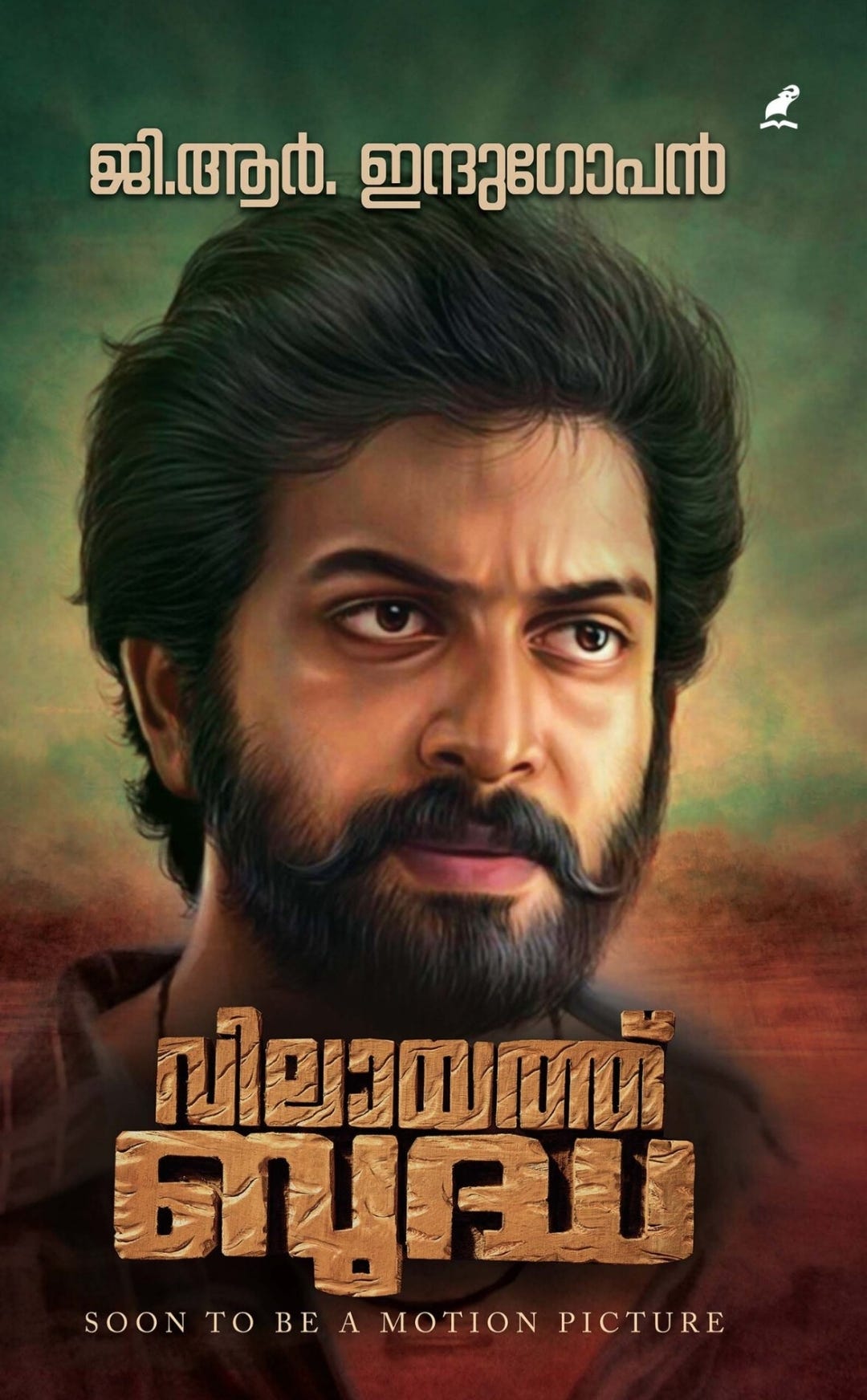Vilayath Buddha by G. R. Indugopan: Story and Literature
When does a novel becomes a literary work from a mere storytelling device.
For reading a Malayalam version, go here.
It's very difficult to define literature, the main reason being its profoundly subjective nature. Each person's evaluation of literature is determined by the sensibilities formed by years-long experiences that are accumulated throughout their life. That is the reason why a book considered as classic by some may appear pornography to someone else. That's why a literary work fails to resonate for someone in the same measure that it does for other readers.
I prefer to consider form and structure as two integral components of literature. To narrate a plot that is narratable in thousand ways, the author decides to adopt one particular way. It is this preference of the author that decides how good is the work's literary qualities. Most of the times, in a work of high literary quality, the elements that are untold may have equal or more importance than that what's told.
A majority of readers never bother to appreciate literature consciously. Most of them never bother to analyse a novel or a short story more than enjoying the raw emotional feelings that it provides to their mind. It is to such readers that books with lower literary qualities are force-fed through aggressive marketing and hype thus formed. But, then you may rightfully ask me, who has the authority to decide the qualities of literature which is essentially subjective.
According to me, a critic, an influencer or a marketing expert are not the rightful people to do it. The onus falls on 'informed' readers. For a narrative, it may be a novel, a short story or anything else, I have a simple method that I use for determining if the book is in fact literary. I just imagine that I retell the plot to someone else. The element that gets lost while retelling a story to someone is literature. For example, an essense is lost when you try to tell the story of 'Macbeth' or 'Dracula' to someone else, which is the element of literature in it.
The reason for such a long foreword is the book 'Vilayath Buddha' that I read yesterday. There is very little literature in the book. It's essentially a long story. If I give a synopsis of the story here, any one who reads it may have a feeling that's similar to reading the book. So I won't venture for it. Please be aware that this isn't a trash talk about the book. In fact this is a good story, which is intriguing, fast paced and well told. The writer needs to be appreciated for his good story telling skills.
But, the people who are trying to extoll it's literary virtues before and after the narrative doesn't deserve any appreciation. In olden times, kings used to assign a person to shout out his real and imaginary virtues when he arrives. Some critics do such a job of trying to find this book's literary virtues. When they fail to excavate anything of value, one of them tries to find it in the color and smell of the objects described in the story. Another person struggles to elevate the story to a Zen Buddhist moral story as Buddha features on the title. A total of forty five pages of this one fifty pages book, around one third of it, is dedicated to showering praise and futile literary excavation.
Decades ago a talented director has turned a book with a good story and lesser literary values into a classic feature film called 'The Godfather'. I've heard that a movie adaptation of 'Vilayath Buddha' is in pipeline and wish the same fate befalls on it too.




